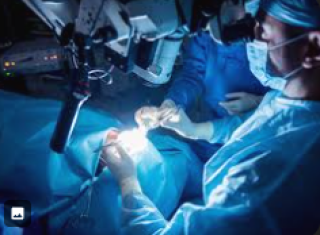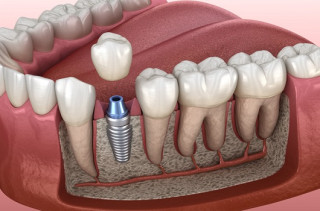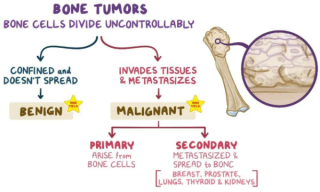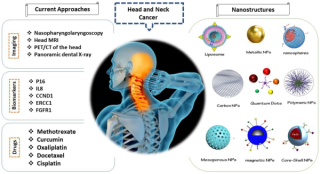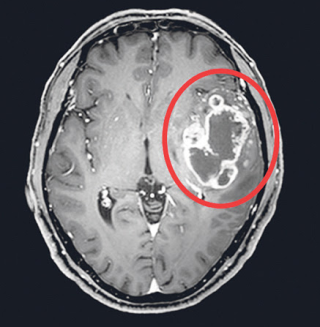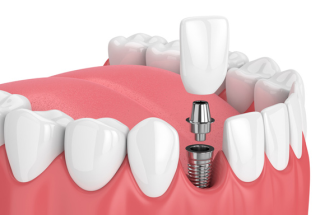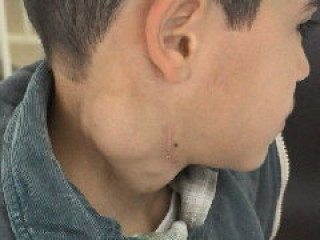What should I ask my doctor when diagnosed with endocrine cancer?created at May 04, 2009 1,306 1,306 Diagnosing endocrine cancer involves a combination of methods, |
Understanding Surgery for Brain Tumors: A Comprehensive Guidecreated at May 04, 2009 1,389 1,389 Brain tumor surgery aims to remove as much of the tumor as safely possible while minimizing damage to healthy brain tissue.The approach varies depending on the tumor's location, |
Ensuring the Long-Term Success of Dental Implants: Key Factorscreated at May 25, 2009 1,275 1,275 The long-term success of dental implants hinges on several key factors: meticulous surgical placement ensuring proper bone integration (osseointegration), |
Essential Guidelines for Those Undergoing Growth Hormone Therapycreated at May 14, 2009 1,392 1,392 Successfully undergoing growth hormone therapy requires diligent adherence to prescribed dosages and administration schedules, |
How is bone cancer diagnosed?created at May 03, 2009 1,412 1,412 Bone cancer diagnosis begins with a thorough medical history and physical examination, |
Demystifying Bone Tumors: Understanding Benign and Malignant Varietiescreated at May 03, 2009 1,340 1,340 Bone tumors are growths that develop in bone tissue, |
How will a physician make a diagnosis of head and neck cancer?created at May 09, 2009 1,229 1,229 Diagnosis of head and neck cancer typically begins with a thorough medical history and physical examination, |
How is a Brain Tumor Diagnosed?created at May 03, 2009 1,806 1,806 The doctor does a complete physical exam with special attention to neurological examination. This includes checks for alertness, |
Exploring Implant Dentistry: Restoring Smiles with Precisioncreated at May 25, 2009 1,350 1,350 Implant dentistry stands at the forefront of modern dental care, |
How is Hodgkin's disease diagnosed?created at May 22, 2009 1,555 1,555 If Hodgkin's disease is suspected, |
What is done if I have to have sinus surgery?created at May 08, 2009 1,341 1,341 You should first understand that I am not a surgeon, |
Why do we have sinuses?updated at Nov 07, 2025 1,665 1,665 The sinuses are air-filled spaces located within the bones of your skull.These cavities, |
